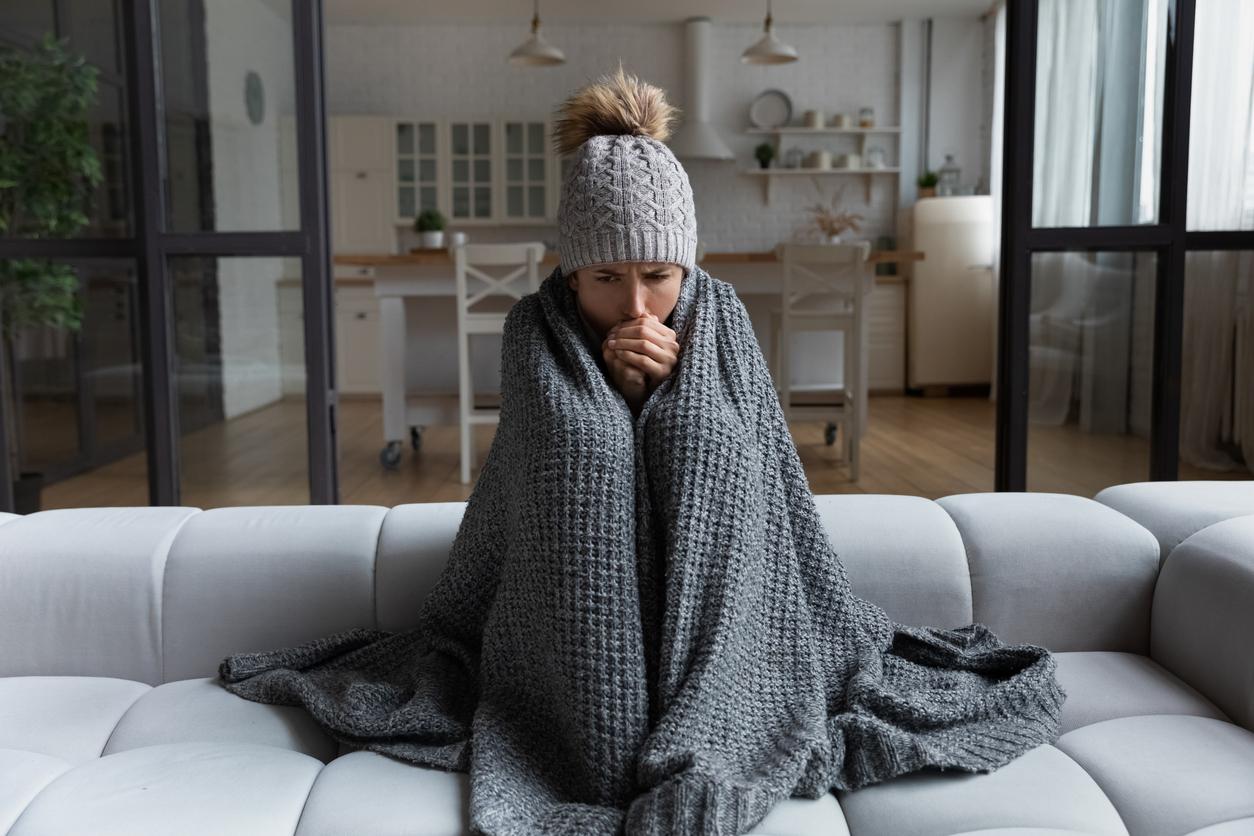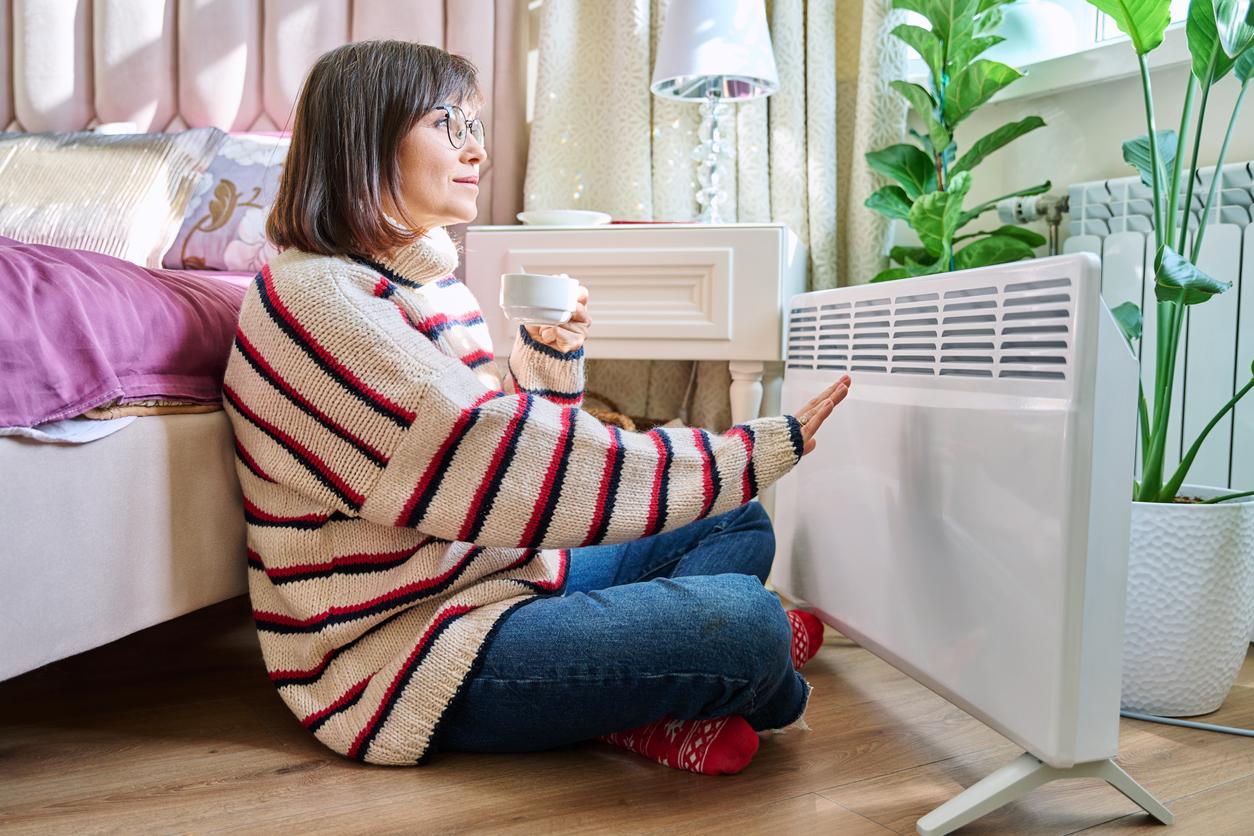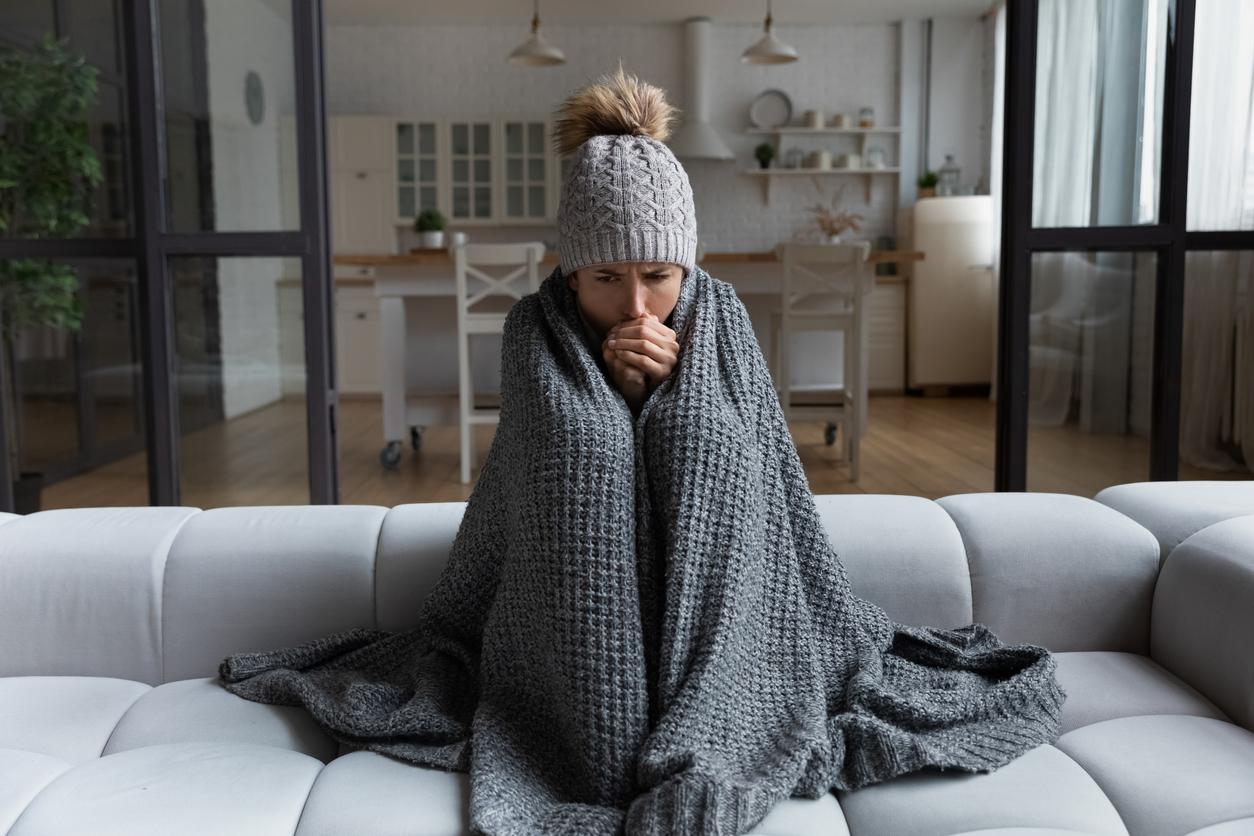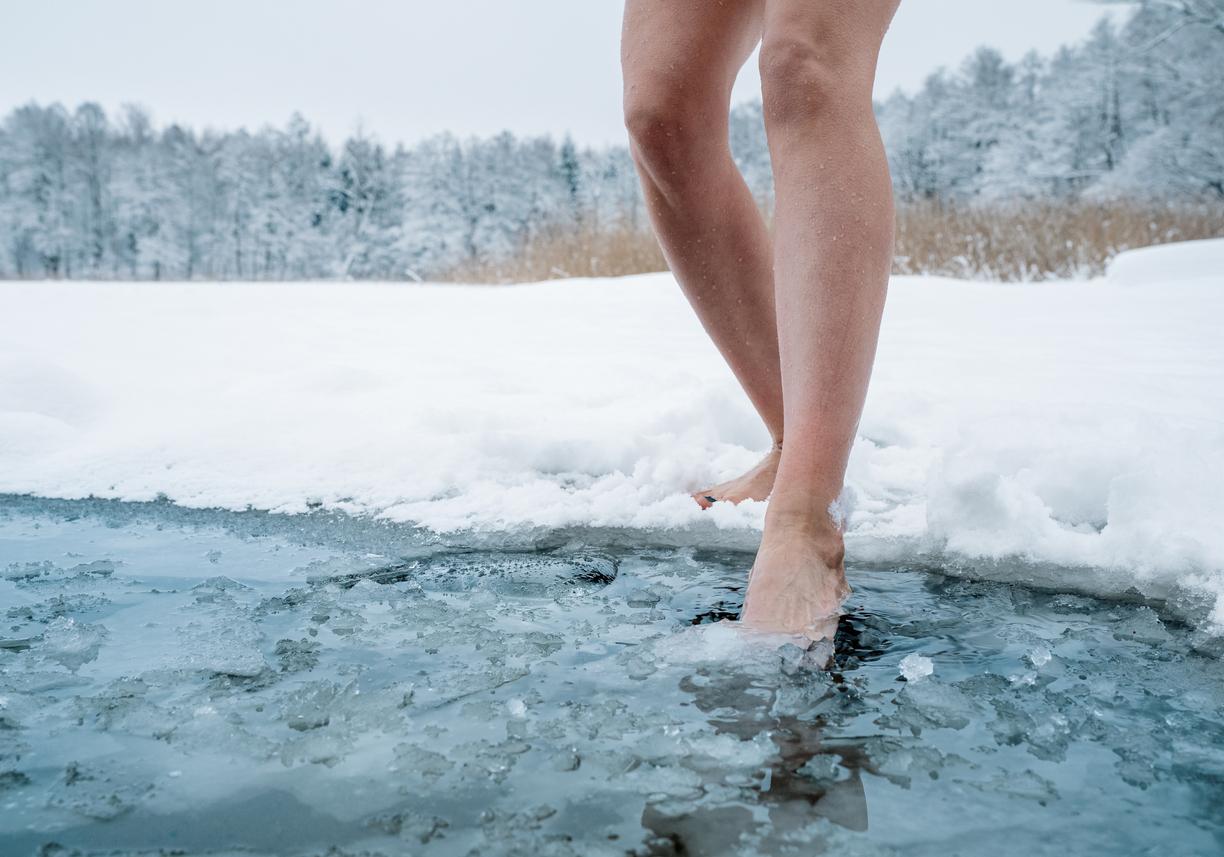Negative temperatures, wind, frosts… Winter is not kind to our skin. A dermatologist has shared her tips for keeping skin soft during the bad season.
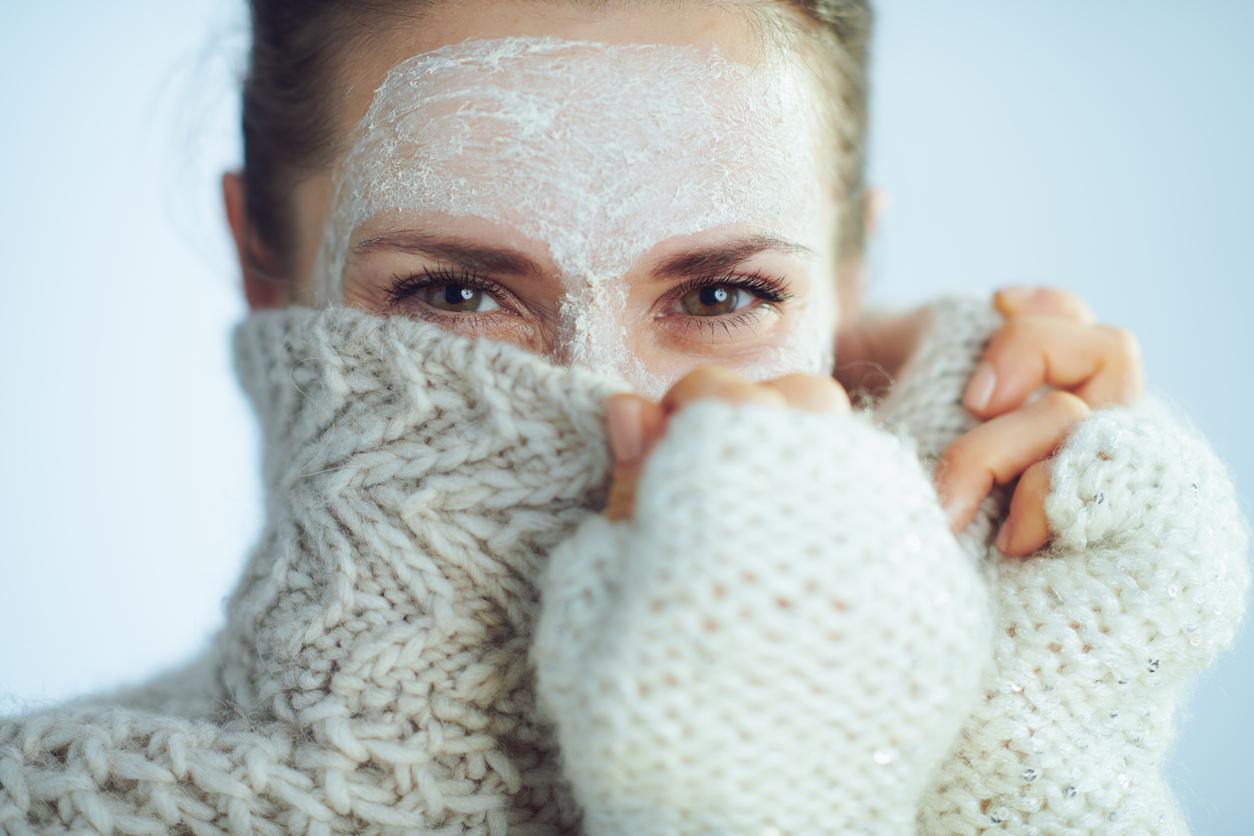
- The skin is the largest and heaviest organ in the body. In adults, it is nearly 2 m² for a weight of 4 to 10 kilos.
- The epidermis is the superficial layer of the skin. It protects the dermis and the hypodermis, the other two layers of the organ.
The lower the temperature, the more the skin feels tight. This phenomenon is one of the pangs of winter. Indeed, the cold and the lack of humidity, observed during this season, favor the drying of the skin. This alters its flexibility, but also its protective function.
Dr. Vichy Zhen Ren, dermatologist and professor at Baylor College of Medicine (Houston, USA) returned in detail in a article from his university on the good gestures that help to protect the epidermis during the frost.
Hydration, the key to keeping skin soft in winter
For the dermatologist, the priority for regaining soft skin during the winter period is to moisturize the epidermis. And, this daily. However, you have to choose the product carefully.
“Use an ointment or cream rather than a lotion. Lotions have a higher water content and fewer agents that prevent dry skin”, warns the expert. The best time, according to her, to apply the moisturizer is after the shower or bath.
“Creams that contain urea, lactic acid, ammonium lactate or alpha hydroxy acids may be beneficial for thick or scaly skin. However beware, these can be irritating if the skin is damaged”she says.
Dry skin: the right things to do at home
In addition to care and moisturizing creams, certain habits help the skin to face winter. It’s necessary :
- Use a humidifier at home. “It can help, says the expert. Just make sure to keep it clean.”
- Give preference to lukewarm showers rather than very hot ones in order to avoid significant temperature contrasts. “Limit them to five to 10 minutes”says Dr. Zhen Ren.
- Wear clothes that protect the skin from wind and cold (gloves, scarves, hats, etc.).
“If you are taking good care of your skin and your efforts are not helping, or if your skin is severely inflamed, cracked, or scabbed over, you may need to seek medical attention”warns the dermatologist, to make sure that these symptoms are not signs of more serious disorders.













